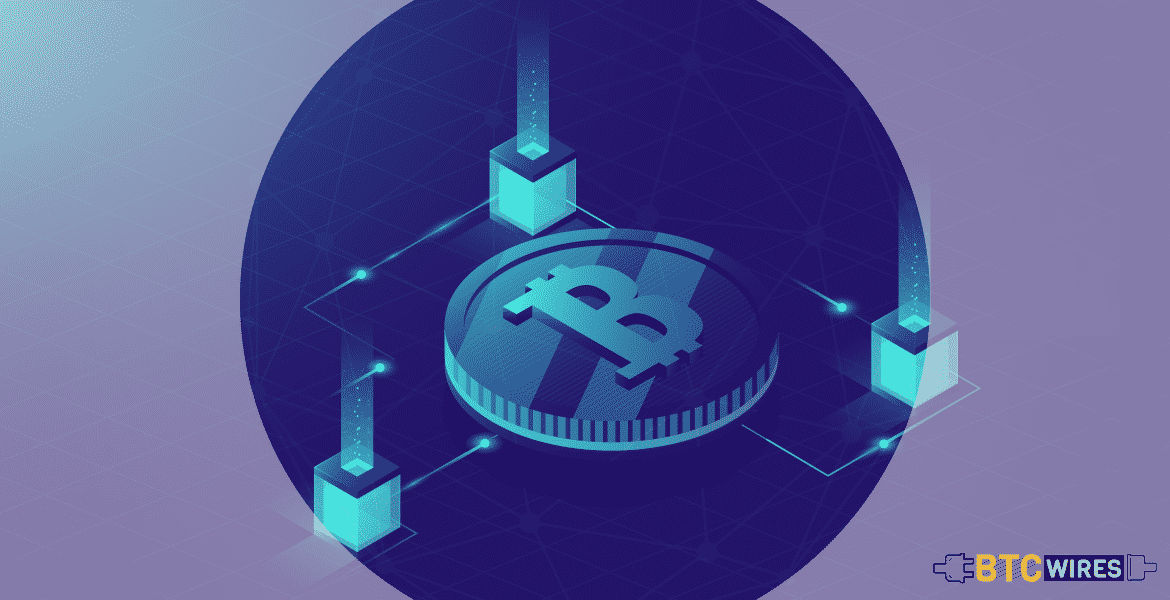A crypto roundtable of over 45 representatives of major Wall

A crypto roundtable of over 45 representatives of major Wall Street firms and digital asset companies has been held in Washington D.C. on 25th September to discuss the regulations of cryptocurrencies and Initial Coin Offerings (ICOs). The meeting was hosted by Congressman Warren Davidson in the last legislative session, a week before the elections.
The crypto roundtable gave a chance to crypto representatives to express their views and concerns on the possible regulations of the crypto industry. According to the crypto industry representatives, there is a lack of regulatory clarity for digital assets and Initial Coin Offerings.
In the crypto roundtable, token taxonomy was discussed to describe the existing uncertainty and unclear regulatory framework around the ICO tokens. Industry experts suggested the principles for regulatory framework and consumer protection which can be implemented in line with the emerging technology.
In the meeting General counsel of Protocol Labs, Marvin Ammori said that there is a cascade of uncertainty associated with the existing token classification. Ammori gave the example of issued faced by the decentralized file storage project Filecoin (FIL). According to Marvin Ammori at the time when the company was launched in 2017, the company thought that the SEC (Security and Exchange Commission) would consider the FIL as a security but it did not happen. There are an uncertainty and confusion about the regulations of digital assets which are restricting the industry to grow. President of Chia Network, Ryan Singer agreed with Marvin Ammori and said that the main problem of the crypto industry is the absence of clarity and there is no basic definition of what is decentralized enough or what is functional enough.
General Counsel of Andreessen Horowitz Crypto, Hilary Kivitz suggested that tokens which operate in a fundraising phase should be considered as securities. According to Kivitz, the incentive of tokens should align with the interest of all participants of the ICO network. He said that “tokens are the assets which facilitate a shared network, where every participant derives value from the growth of the network.”
According to the crypto experts, current regulations are vague and outdated. Chief executive officer of crypto security firm Harber, Joshua Stein said that current security regulations do not work with utility tokens in decentralized apps (DApps). According to Joshua, though existing securities laws are appropriate for the traditional securities they are not a right fit for the crypto and ICO industry.
According to the vice president and regulatory counsel of the U.S. Chamber of Commerce’s Center for Capital Markets Competitiveness, Kate Prochaska there are three things regulatory coordination, clear definition, and engaging with regulators are need to be done to seek no-action letters.

